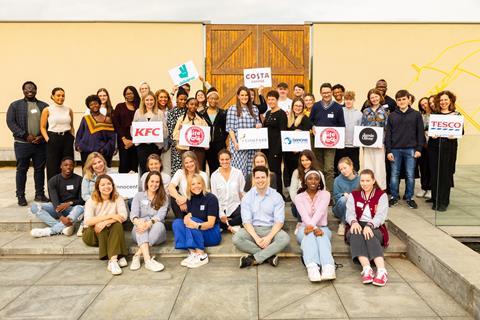
Food sector climate training programme The Future Food Movement has teamed up with youth activist group Bite Back to launch a new scheme focusing on creating “meaningful change for child health and planetary health”.
The pair’s “bold” new Food Systems Accelerator is a two-year programme that will challenge senior leaders of leading food businesses “to collaborate and find evidence-based solutions to healthy and sustainable diets that will ensure the UK leads on both the climate and health agenda”, the Future Food Movement said.
It mixes youth voices from Bite Back activists – who are demanding food and drink companies take action to make it easier to eat healthily – along with experts in food system transformation “to guide participants to develop a future of food which delivers win-win for health and business success”, it added.
Bite Back aims to make the food system healthier and more sustainable for future generations.
“Right now, our food environment is flooded with unhealthy food and drinks, resulting in poor diets that are risking the future health of one in three children by age 11,” the two organisations said.
There was also an increasing appreciation that sustainability strategies must be paired with a focus on healthy diets if the food industry is to hit net zero targets, they added.
This “ESG + Nutrition” approach was emerging as the next frontier for the food system, they suggested. “Creating sustainable healthy diets without a trade-off is the only way to tackle the climate issues with our food system and the health of our nation.”
Bite Back piloted a health-only version of the Food Systems Accelerator programme in 2022 with seven food businesses – Tesco, KFC, Deliveroo, Costa Coffee, Danone, the Jamie Oliver Group and Chartwells – which included reformulating menus to improve the nutritional composition of products, and testing marketing tactics to increase sales of healthier options.
The youth activist movement had now taken learnings from the pilot to build out the second phase, bringing in sustainability alongside its previous health focus.
“To perpetuate change in the food system we need to work together,” said Becky Odoi, a youth activist at Bite Back. “Young people’s perspectives through our real lived experiences are essential for food and drink companies to make the changes necessary to protect child health.”
The food sector would not be able to deliver net zero “without delivering on health”, said Future Food Movement founder Kate Cawley.
“We need the food industry to be bold and adopt a braver approach to shift consumers towards healthier and more sustainable diets. This isn’t about winning over consumer hearts and minds; it’s about putting competition aside to find solutions that work for the next generation to build a healthier and climate smart food system,” she added.
“Our Food Systems Accelerator will give businesses a commercial advantage to help build strong sustainable businesses able to ride the wave of a changing environment, upskill their teams and integrate youth insights into their thinking to help inform, shape and support their sustainable diets journey.”
The accelerator is designed to support, set or operationalise strategic health commitments that are evidence-based, informed by youth insight and evaluated by innovation-supporting charity Nesta.
“This programme is an opportunity to connect with and understand a demographic that businesses have historically found hard to engage with,” said Bite Back CEO James Toop.
“Just like we’re seeing with the climate movement, young people are looking at businesses and they’re looking at the leadership decisions being made which will influence how they will thrive and succeed in the future. We’re supercharging our mission in 2024 by working with Future Food Movement and Nesta to help co-create these commitments.”
Cawley added: “Consumers expect the products they buy to be healthier, without having to change their eating and drinking habits, and with benefits for everyone, regardless of income, ethnicity or education.
“The government is looking for the industry to step up and be on the right side of history. Brands that successfully navigate these issues will ultimately reap the commercial rewards.”







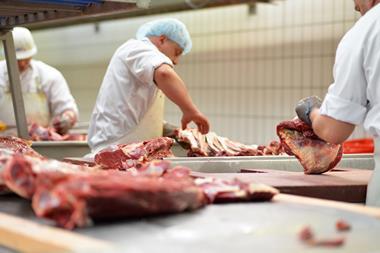


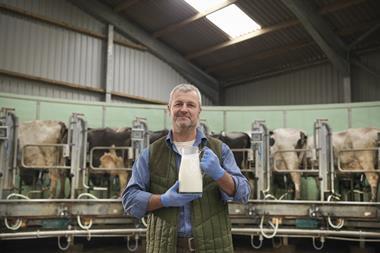






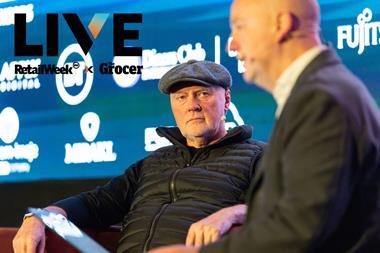
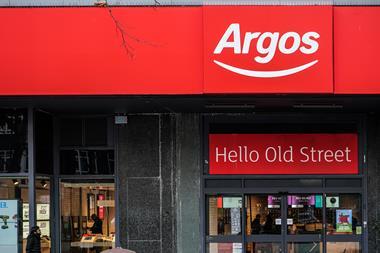
No comments yet